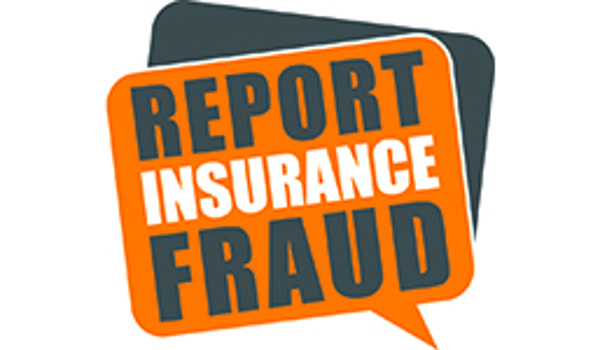Watch out for insurance and pensions scammers during the Covid-19 outbreak

The Insurance Fraud Bureau (IFB) has teamed up with the Association of British Insurers (ABI) and City of London Police's Insurance Fraud Enforcement Department (IFED) to warn consumers of a range of insurance scams fraudsters may try to target those facing financial hardship with, during the coronavirus outbreak.
Threats that businesses and consumers need to be aware of include:
-
Robocalls or automated texts. These falsely claim to be legitimate, mainstream insurance companies. They may claim, for a fee, they can help recover losses by submitting a claim, for the cost of a holiday or event such as a wedding cancelled due to coronavirus.
-
Pension and investment scams, which might claim that they will guarantee you higher returns than your current savings.
-
Cold calls about your pension. It is illegal for firms to contact you out of the blue about your pension, and you should hang up. The caller may offer to help you access your pension before age 55, or offer you, a “free pensions review”.
-
Phishing emails. These attempt to trick people into opening malicious attachments or reveal personal or financial information.
-
Ghost brokers. Fraudsters may attempt to use an insurer’s branding to promote and sell fake or invalid insurance products, including products such as travel and business interruption which may claim to offer COVID-19 protection.
-
False insurance cancellation. Callers will say your insurance has been cancelled and they promise to reinstate it if you pay an additional fee over the phone.
Consumers and businesses are being advised to be suspicious of adverts that seem too good to be true, to not hand out personal or financial details when approached and to check the credentials of insurance, pensions or investment services.
For more information on these scams and for further advice on how to protect yourself, please read out joint-industry news release on the ABI website.
If a member of the public has any evidence or suspicions of an insurance scam, this can be reported to the IFB via its confidential and anonymous CheatLine service.

